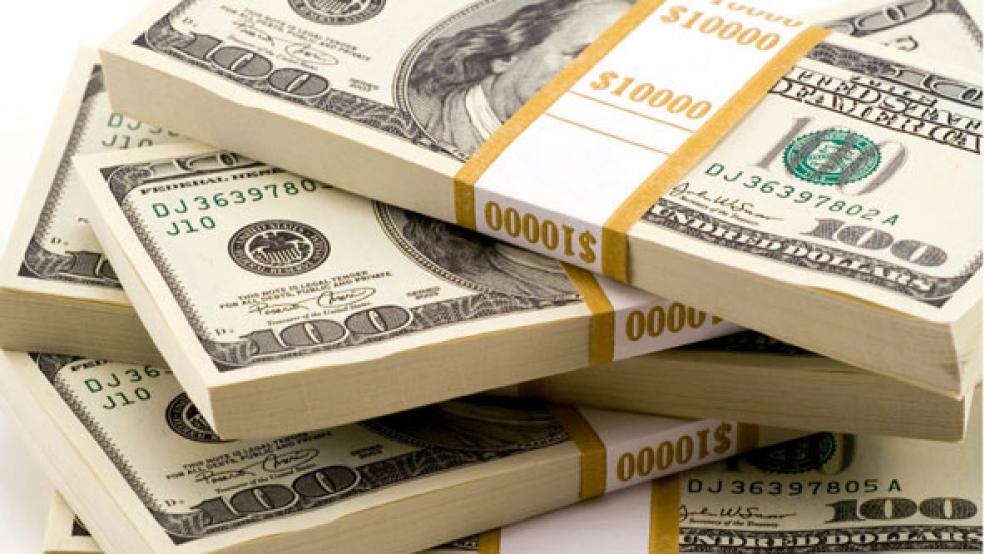Between the possibility that the Fed might soon start to raise interest rates and the new record highs in the stock market in recent weeks, retail investors might be tempted to be more conservative with their investment portfolios and increase their cash exposure to prepare for rainy days.
That would be a bad move, say experts, because a rise in interest rates may not happen until the middle of next year and, believe it or not, there’s still room for improvement in stocks.
Related: The Best Investing Lessons from a Legendary Economist
“We’ve been anticipating a rise in interest rates for years and it hasn’t come to fruition,” said Clint Pelfrey, president of Prosperity Capital Advisors. “We’re not worried the growth rate is going to accelerate to the point that the Fed will start raising rates. So we’re not recommending increasing cash.”
When your cash is sitting idle, you’re losing money, so even investing it in the most conservative assets is still a better move – assuming you’ve paid down your credit card debt and built your emergency fund.
Cash exposure in your portfolio should range from about 5 percent for an aggressive strategy to about 10 percent for a more conservative strategy. If you think your cash allocation is too large, it’s time to invest it. The good news is you have options.
“We’ve been reallocating cash to the existing investments in the portfolio that look to be the better buys,” said Mark Fried, president of TFG Wealth Management in Pennsylvania. “If you believe in it, you’d think you’d want to own more of it.”
Some of these existing successful investments include stocks, despite the unbelievable ride equities have had in recent months – the Standard & Poor’s 500 gained 4.7 percent since the beginning of the year after climbing nearly 30 percent in 2013.
Related: The Funny Business of Investing in Comic Books
“We still favor the stock market over the bond market,” said Pelfrey. Stock valuations are still reasonable, he noted, and corporate profits are at record highs, so there’s room for equities to improve even further. But he recommends being diversified with stock market exposure through large, medium and small cap stocks.
Another possibility is to allocate some of your cash to short-term corporate bonds that offer higher yields, according to Fried. “We’re allocating to high-yield exchange-traded funds because they’re short term and from an interest-rate risk perspective, we don’t have that much of an exposure,” he said.
For more conservative investors, high-quality tax-free municipal bonds can be the way to go. “If you’re looking for income, cash is a bad idea because cash gives you no income and you have to pay taxes on it,” said Bill Walsh, president of Hennion & Walsh in Parsippany, N.J., which focuses on munis. “You should buy high-quality municipal bonds, which could yield 3.5 to 4 percent.”
One mistake to avoid in this market: Don’t be afraid to sell and cash in gains, even if you don’t immediately have a plan to reinvest that cash. “I would rather lock in gains and wonder where I put my cash than risk losing the gain on a hiccup,” Fried said.
Top Reads from The Fiscal Times:





